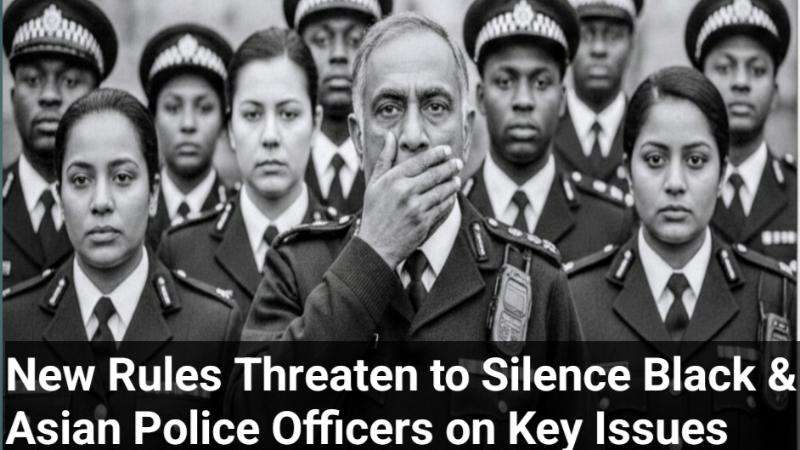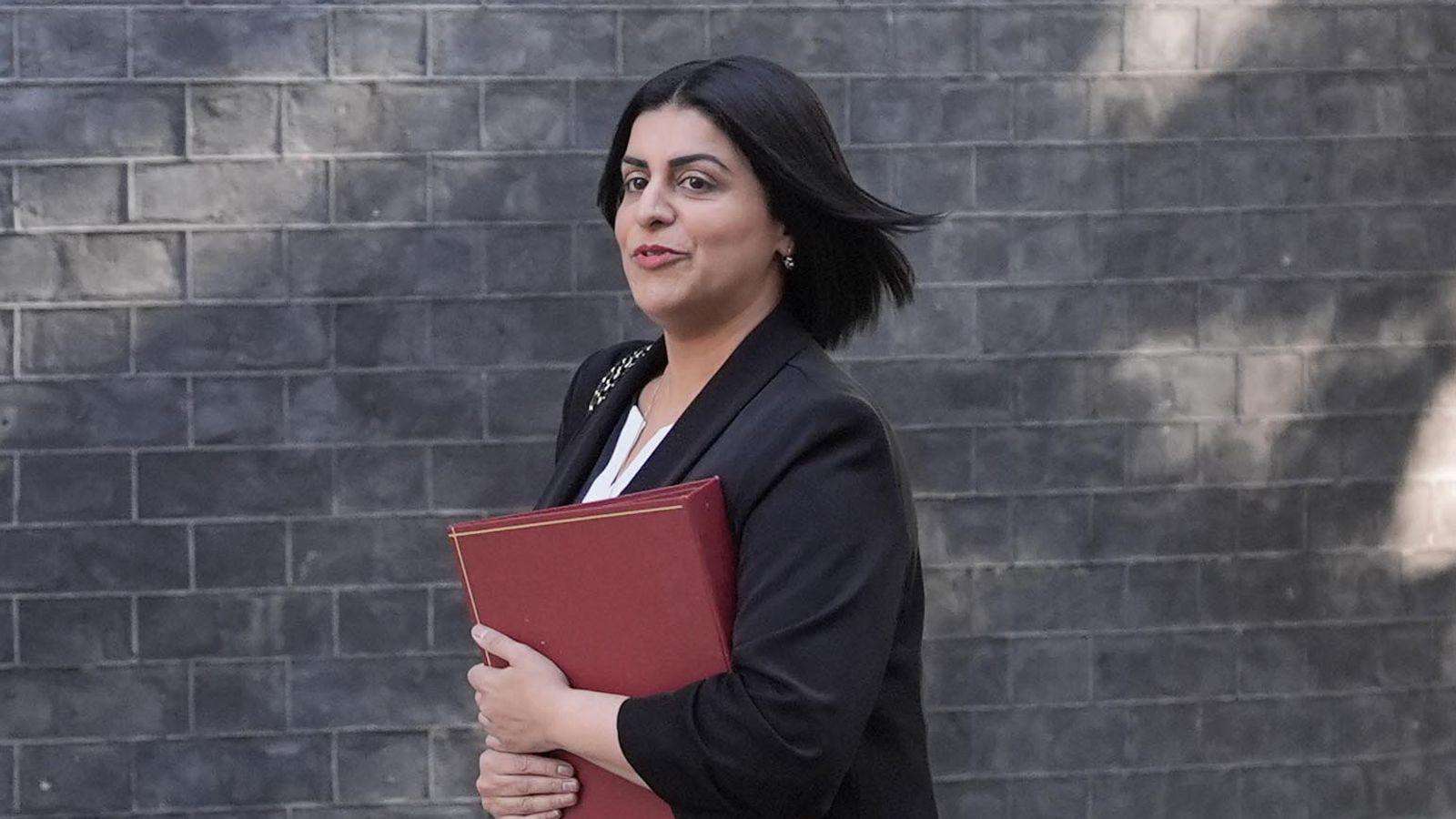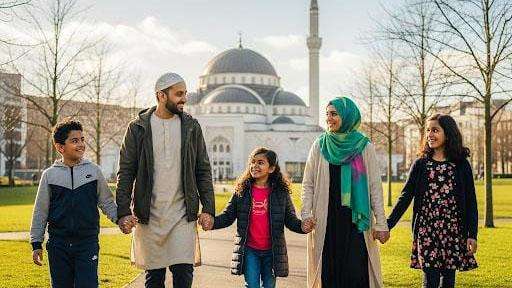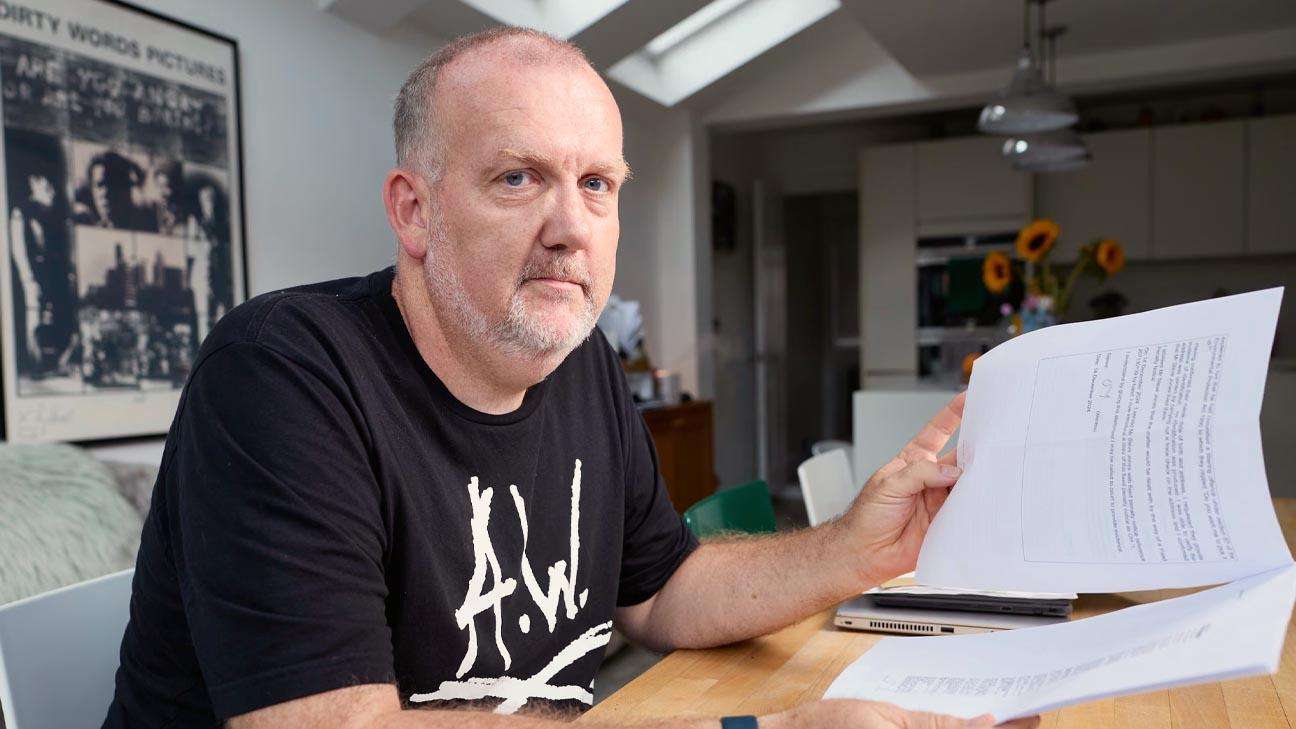For millions of British Muslims, the role of Sharia councils is deeply personal, representing a vital resource for navigating life's most intimate moments—from marriage to divorce—in a way that honors both their faith and their national identity. While often misunderstood as a competing legal system, these councils function as religious advisory bodies, operating entirely outside the UK's civil and criminal courts. Their primary purpose is to provide guidance on personal and family matters, a service that many in the community find invaluable.
A Pillar of Community Support
For many, Sharia councils are not a challenge to British justice, but a complementary part of a thriving multicultural society. They are a lifeline, particularly for women seeking a religious divorce, or talaq. Even after a civil divorce is granted, a woman's religious standing and her ability to remarry within her faith often depend on a religious divorce. Without a council to provide this service, many Muslim women could feel spiritually and socially trapped. The voluntary nature of these councils is a key point: individuals choose to approach them for guidance, and their decisions are not legally enforceable. This model allows British Muslims to resolve disputes in a manner that is both culturally sensitive and in accordance with their deeply held beliefs, all while upholding the supremacy of UK law.
Navigating Public Scrutiny and Calls for Regulation
Despite their value to the community, Sharia councils face significant scrutiny. Concerns, some of which are echoed within the community, often center on the need for greater transparency and accountability. Critics, including some political figures, express a fear that these councils could become a "parallel legal system" and that women may feel pressured to use them.
This debate highlights a critical challenge for the British Muslim community: how to preserve religious freedom while ensuring that faith-based guidance aligns with universal principles of fairness and gender equality. Many British Muslims themselves advocate for improved governance and clear guidelines within their own communities to address these concerns and counter negative perceptions.
Finding Harmony in a Dual Identity
The conversation around Sharia councils is ultimately a reflection of a broader, ongoing dialogue about how British Muslims can live fulfilling lives that honor both their religious heritage and their commitment to the UK. It is a balancing act that requires both a deeper understanding from the wider society and a commitment to self-regulation from within the Muslim community. The goal is to move beyond fear and misunderstanding toward a future where religious communities can flourish and contribute to a stronger, more inclusive Britain.








.svg)

_5.jpg)
